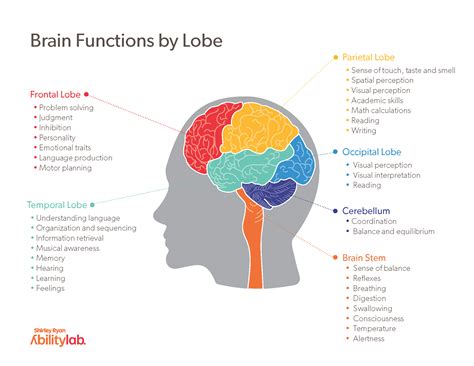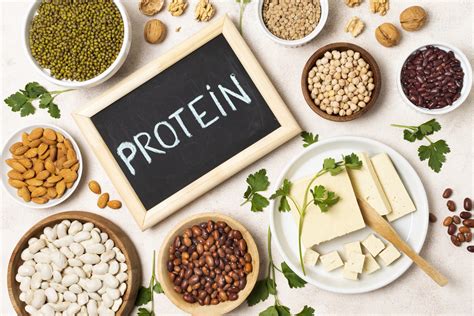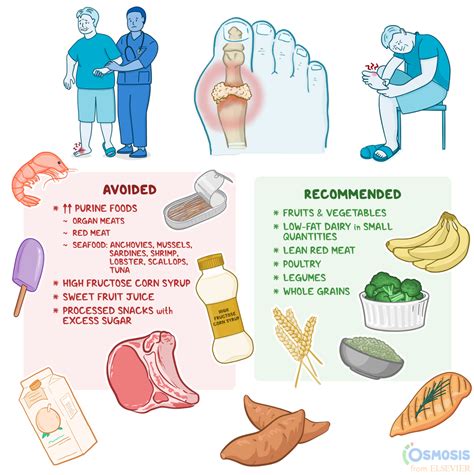Understanding the Male Nutritional Blueprint
Why is a specialized approach necessary? Men often have unique physiological demands, influenced by factors like higher muscle mass, different hormonal profiles, and specific energy requirements for activity and growth. An optimal diet isn’t just about avoiding bad foods; it’s about strategically incorporating powerhouses that directly impact energy, cognitive function, and muscle synthesis.

The Energy Equation: Fueling Your Day
Sustained energy is the bedrock of productivity and physical performance. Complex carbohydrates are your primary energy source, offering a steady release of glucose without the sharp spikes and crashes associated with simple sugars. Think whole grains like oats, quinoa, brown rice, and nutrient-dense root vegetables such as sweet potatoes. These provide fiber, which aids digestion and helps regulate blood sugar.
Healthy fats, particularly monounsaturated and polyunsaturated fats, also play a crucial role. Avocados, nuts, seeds, and olive oil provide concentrated energy and support hormone production essential for male vitality.
Sharpening Your Focus: Brain-Boosting Foods
Cognitive function—the ability to concentrate, remember, and problem-solve—is profoundly impacted by diet. Omega-3 fatty acids, found abundantly in fatty fish like salmon, mackerel, and sardines, are vital for brain health and can improve memory and focus. Walnuts, flaxseeds, and chia seeds are excellent plant-based sources.
Antioxidant-rich foods, including berries, dark leafy greens (spinach, kale), and dark chocolate, protect brain cells from oxidative stress. B vitamins, especially B6, B9 (folate), and B12, are critical for neurotransmitter synthesis, which directly influences mood and cognitive sharpness. Incorporate lean meats, eggs, and legumes for a good supply.

Building Blocks: Optimizing Muscle Growth
For muscle gain, protein is paramount. Aim for high-quality protein sources at every meal. Lean meats (chicken breast, lean beef, turkey), fish, eggs, dairy products (Greek yogurt, cottage cheese), and plant-based proteins (lentils, beans, tofu, tempeh) provide the essential amino acids necessary for muscle repair and growth. Whey and casein protein supplements can also be effective, especially post-workout.
Beyond protein, micronutrients are key: Zinc is crucial for testosterone production and immune function (found in oysters, red meat, pumpkin seeds), and Magnesium supports muscle function and energy metabolism (found in nuts, seeds, dark leafy greens).

Beyond the Plate: Hydration and Consistency
While focusing on specific foods is important, remember that hydration is fundamental. Water is essential for every bodily function, including nutrient transport, energy production, and cognitive performance. Aim for at least 8-10 glasses of water daily. Consistency is also vital; a single perfect meal won’t redefine your health. It’s the cumulative effect of a well-balanced, nutrient-dense diet over time that yields lasting results. Furthermore, adequate sleep and regular physical activity are non-negotiable partners to optimal nutrition.

Crafting Your Optimal Diet
Achieving peak energy, laser-like focus, and significant muscle gains requires a deliberate and informed approach to nutrition. By prioritizing complex carbohydrates, healthy fats, high-quality proteins, and a wide array of vitamins and minerals from whole foods, men can unlock their full potential. Listen to your body, experiment with different food combinations, and consider consulting a nutritionist to tailor a plan that aligns with your individual goals and lifestyle. The investment in your diet is an investment in your overall well-being and performance.





